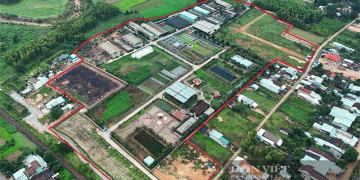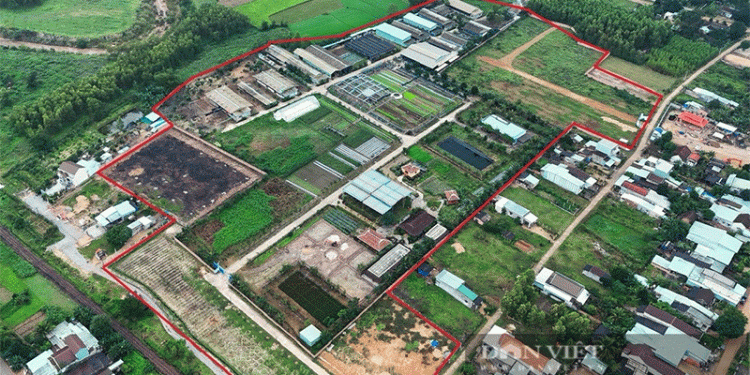A shocking inspection of a VietGAP-certified vegetable farming project in Bình Định Province has uncovered widespread violations, including illegal construction, unauthorized livestock operations, and environmental mismanagement. The case underscores critical flaws in regulatory oversight and raises urgent questions about the integrity of sustainable farming certifications in Vietnam.
Key Findings from the Inspection
According to Nguyễn Thành Hải, Director of Bình Định’s Department of Finance, the project—managed by C.P. Construction and Investment Joint Stock Company—deviated significantly from its approved purpose. Instead of producing safe vegetables under VietGAP standards, the company built unauthorized livestock facilities (poultry, pigs, cattle, and goats) and even operated tourism activities without permits.
- Illegal Construction: Multiple structures were erected without permits, violating Vietnam’s Construction Law (No. 50/2014/QH13).
- Environmental Violations: The company failed to submit required environmental impact assessments (EIAs), breaching Vietnam’s Law on Environmental Protection (2020).
- Land Use Violations: The project misused 4.4 hectares of leased land, contravening the original investment approval.
Local Authorities’ Failure to Act
Despite repeated complaints from residents about foul odors and pollution, local officials in Vân Canh District were slow to respond. Bùi Thị Song Toàn, a local resident, stated: “The company promised vegetable farming but turned it into a livestock zone. The stench is unbearable, yet authorities ignored us.”
- Delayed Enforcement: The provincial government only intervened after media exposure, admitting that local authorities had failed in oversight.
- Penalties Imposed: The company was fined 85 million VND (~$3,400 USD), a relatively small sum given the scale of violations.
Broader Implications for Agri-Business in Vietnam
This case reflects a wider issue in Vietnam’s agricultural sector, where:
- Weak Monitoring: Local governments often lack resources or willingness to enforce regulations.
- Certification Risks: VietGAP and other sustainability labels can be misused without proper checks.
- Environmental Harm: Unregulated livestock farming contributes to water pollution and methane emissions, undermining Vietnam’s climate commitments.
Strengthening Oversight for Sustainable Farming
The Bình Định scandal highlights the urgent need for stricter enforcement of agricultural regulations. To restore trust in VietGAP and similar certifications, Vietnam must:
- Improve Local Inspections: Train and equip officials to detect violations early.
- Increase Penalties: Fines should match the severity of infractions.
- Enhance Transparency: Require public disclosure of project compliance data.
Without decisive action, such cases will continue to erode confidence in sustainable farming and harm both the environment and rural communities.































